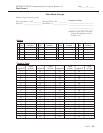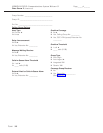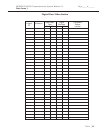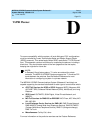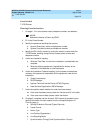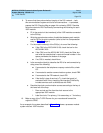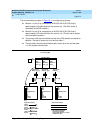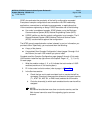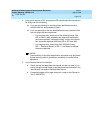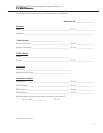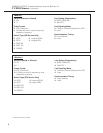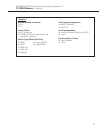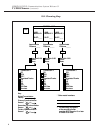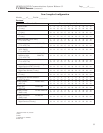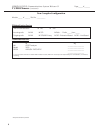
MERLIN LEGENDCommunications System Release 6.1
System Planning
555-661-112
Issue 1
August 1998
T1/PRI Planner
Page D-5
D
SDSC also evaluates the complexity of the facility configuration requested.
Examples of complex configurations are connections into PBX networking
applications, connections to multiplexing arrangements, or applications that
involve customer engineering or design. SDSC then does one of the following:
■ If an order is considered complex, SDSC directs you to the Business
Communications System (BCS) National Engineering Center (NEC).
■ If SDSC notifies you that the order’s configuration is not complex, Tier Ill
General Business System (GBS) National Technical Service Center
(NTSC) is authorized to approve the configuration.
The NTSC group’s preauthorization review is based, in part, on information you
provide to them. Specifically, you must send them the following:
■ A copy of the planner
■ A completed “Non-Complex Configuration” sheet (pages 5 through 10 of
the Planner) for each 100D module you plan to install
Complete one Non-Complex Configuration page (pages 5 through 10) for each
100D module. Label the top right corner of the copies “Page 1 of _ ” (1, 2, or 3).
On each page:
1. Write the module number (1, 2, or 3). Indicate the total number of 100D
modules (maximum of 3 for each system).
2. Fill in the control unit slot number (refer to page 1 of Form 3b).
3. In the Services section:
a. Check the box next to each emulated trunk or service that will be
connected. Check only those services allowed on the type of service
(T1, AT&T Toll, MCI Toll, or DMS Local) selected for the module.
b. Circle the channel(s) to which each emulated trunk or service will be
assigned.
NOTE:
No channel should show more than one trunk or service, and the
24th channel cannot be used if the signaling type is common
channel.



